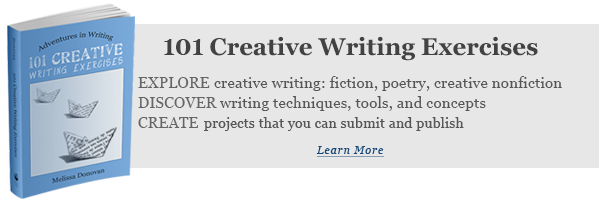
“Unlock Your Week: Discover the Sunday Night Rituals of Highly Successful People That Could Transform Your Life!”
Isn't it fascinating how Sunday nights can feel like standing at the threshold of a…
“Unveiling the Secret: Is Writing Talent a Myth or Mastery Waiting to Be Unleashed?”
Have you ever found yourself staring blankly at a blank page, plagued by the question,…
“Unlocking the Melody: A Mysterious Poetic Journey Awaits in Stan Morrison’s ‘Name That Tune'”
Have you ever paused to ponder where that elusive melody in your heart originates? The…
“Unlocking the Secrets of Leigh Brackett: The Screenwriting Legend Behind Hollywood’s Greatest Classics”
In the world of screenwriting, the transition from the isolation of a writer's room to…
“Unlock the Secrets of Verse: 101 Creative Writing Exercises That Will Transform Your Poetry!”
Are you ready to unleash your inner poet while having a blast? Today’s creative writing…
“Unmasking Manipulation: 8 Subtle Phrases That Erode Your Self-Worth Without You Realizing It”
Have you ever found yourself in a conversation that left you feeling small, doubting your…
“Unlocking Strength: Discover the Hidden Depths of Stan Morrison’s Enigmatic Poem ‘Power Piece'”
What happens when you mix a playful curiosity with a dash of danger? The poem…
“Unlocking the Secrets: How to Thrive as a Writer Without Compromising Your Integrity!”
Have you ever thought about how super-specializing in a niche can catapult your writing career?…
“Is Your Adult Child Struggling in Silence? 8 Alarming Signs You Must Not Ignore!”
Navigating the journey of parenthood isn’t for the faint of heart, especially when your children…
“Unlocking the Secrets: How Your Support Can Empower Writers Like Never Before!”
In a world where the essential workers—those who educate our children, feed us, and protect…





































